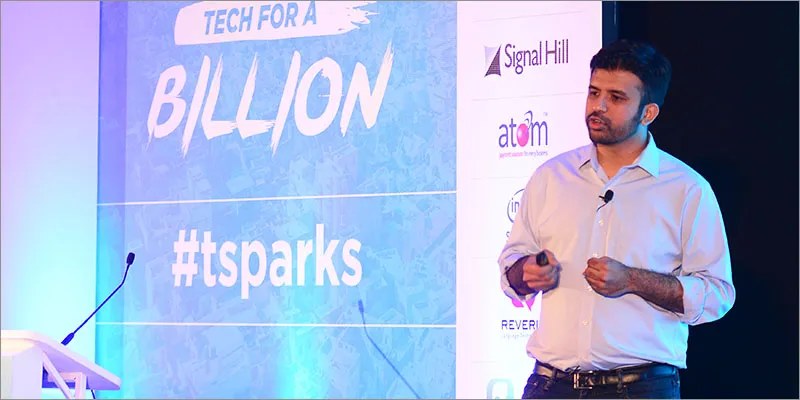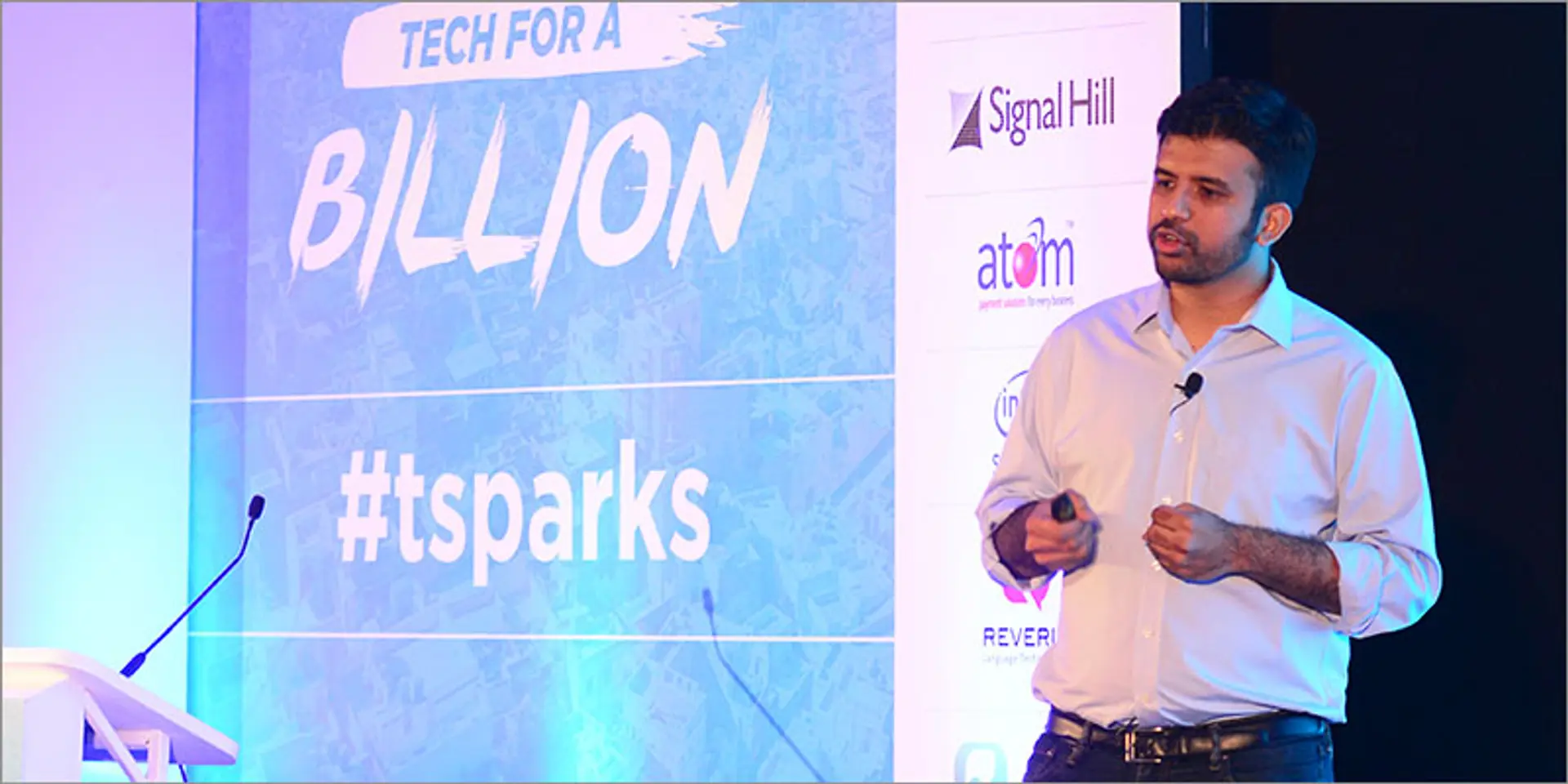Going global was a part of our DNA - Shashank ND
Today, there is a tendency to wonder why Indian companies should go global, when the country itself offers a big enough market, unlike the scene a few years ago. But it's important to think global and India, says Shashank ND, Founder and CEO of healthcare startup Practo. There is a huge chasm to build products for the developing markets, as there is a growing demand. "From day one, we knew that we would pick business models that were scalable on a global level," Shashank adds.

Timing is important
If you have the ambition to go global and have a runway of close to 18 months, Shashank says, it makes sense to do it. Singapore was the first country outside India that Practo ventured into, two years after setting up the company. Shashank says the market was newer and they had no room for error. “New markets help companies become better organisations. This is when other countries became important," says Shasank.
All emerging markets are open
Indian companies have a chance today to capture global markets. Shashank says that the Southeast Asian markets are simpler and easier markets to tap. The user base is higher and the markets are similar to the India in terms of Internet and mobile penetration. "Going global is about your vision. And that should define your next step," says Shashank.
He adds that Practo's foray into various markets is getting easier, thanks to the need that it solves. "We have been able to capture the markets quicker, but it's important to do this now, before the products from the developed markets break in," Shashank explains. Building products looking at mobile and cloud first makes it easier to capture the markets beyond India.
Indian products emerging as global leaders
Shashank says that we need to think global as we have the capacity to build products that can capture global markets. The developing markets account for almost two-thirds of the Internet base, and they do not have products that help the nation.
Interestingly, people from developing nations like Brazil, Philippines and Indonesia are more open to the mobile-first strategy than those from developed countries. Few years ago this number was equal, but now the interest is four times more in the developing nations. “The quantum is more in developing nations, and so these markets cannot be ignored anymore,” he adds.
Of the company’s business strategy, Shashank notes, “We are building a global product with a global platform for the world’s leading platforms. The team intends to build the product and scale out of India, while merging into the culture of the new market by creating local teams there."
Several reports suggest new technologies in telemedicine, big data in healthcare, m-health, healthcare delivery and wearables are catching up in these regions. The markets are not only open for new players but also for consolidation of the existing ones. There seems to be a fair amount of funding and traction in the healthcare and technology space in this region.
A big shoutout to TechSparks 2015 sponsors – Sequoia Capital, ICICI Bank, Money on Mobile, Microsoft, Signal Hill, IBM Bluemix, PwC, Atom Tech, Teamchat, Govt. of Karnataka, Intel, Rabbler, Dailyhunt, Reverie, Loginext and PayUBiz; Partners – Duff&Phelps, Taxmantra, Dineout, Exotel, 360ride, Yoga Bar, Chai Point, GWC; and our Media Partners – TV9, Fortune India, RedFM and Deccan Herald.







